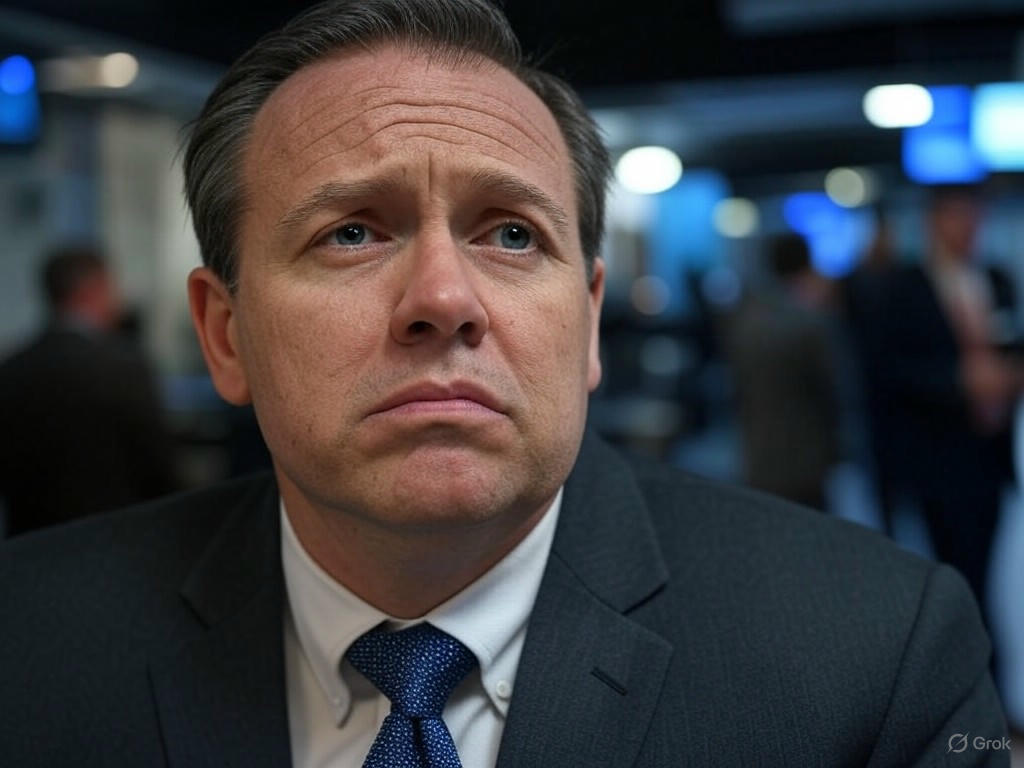The financial world is on edge as geopolitical tensions between the United States, Israel, and Iran threaten to spill over into a broader conflict. Analysts are sounding the alarm over a potential sharp decline in stock markets if the US becomes directly involved in military action against Iran. Such a scenario could trigger a rapid selloff, with investors fleeing to safer assets amid fears of escalating uncertainty in the Middle East.
The primary concern among market experts is the impact on global oil prices. Iran, a significant player in the oil-producing region, could see disruptions in supply chains if conflict intensifies. A sudden spike in crude oil prices would not only rattle energy markets but also drive up inflation worldwide, putting pressure on central banks already grappling with economic recovery. This ripple effect could dampen consumer confidence and corporate earnings, further fueling a bearish sentiment on Wall Street. One financial strategist remarked that the markets are currently in a fragile state, and any hint of military escalation could act as a catalyst for a steep downturn.
Beyond oil, the broader implications of a US-Iran conflict are equally troubling for investors. Defense stocks might see a temporary uptick as military spending surges, but the overarching mood in equity markets would likely be one of caution. Safe-haven assets like gold and government bonds are expected to attract significant inflows as investors seek shelter from the storm. Currency markets, too, could experience volatility, with the US dollar potentially strengthening as a global reserve currency during times of crisis. However, prolonged instability might erode confidence even in traditional safe havens, leaving few places for capital to hide.
Geopolitical risks are not new to financial markets, but the stakes feel particularly high in this instance. The Middle East has long been a hotspot for unrest, and the involvement of major powers like the US could amplify the economic fallout. Economists warn that a ‘shock and awe’ reaction in the markets could be immediate, with algorithmic trading systems likely to exacerbate the initial selloff. While some argue that markets have historically bounced back from such crises, the current global economic landscape—marked by inflation concerns and supply chain woes—might not afford the same resilience.
As the situation unfolds, investors are urged to stay vigilant and diversify their portfolios to mitigate risks. While the hope for diplomatic resolution remains, the specter of conflict looms large over trading floors. For now, the financial community watches anxiously, aware that a single spark in the Middle East could ignite a wildfire in global markets. The coming weeks will be critical in determining whether cooler heads prevail or if the world braces for both a military and economic storm.
